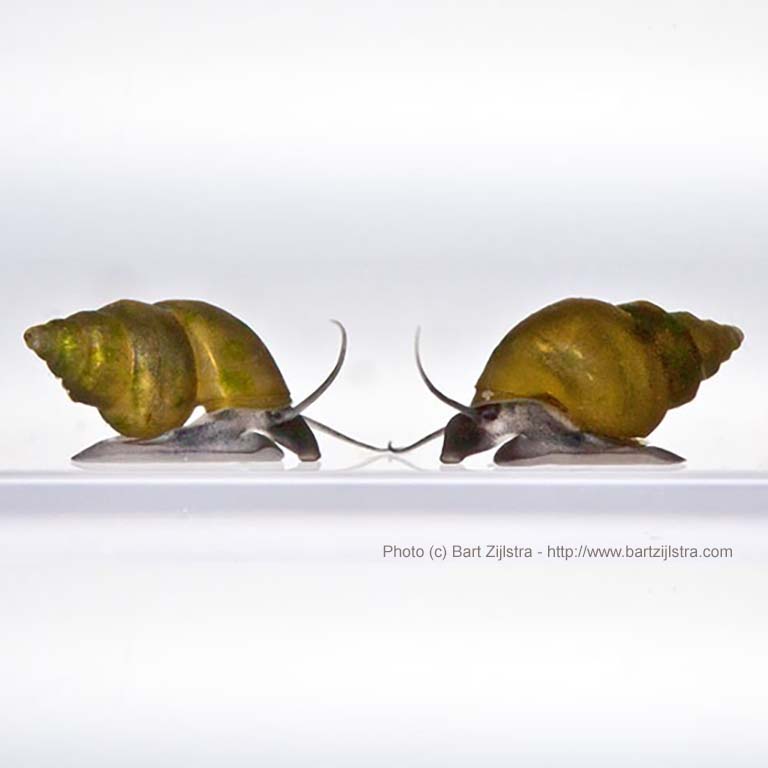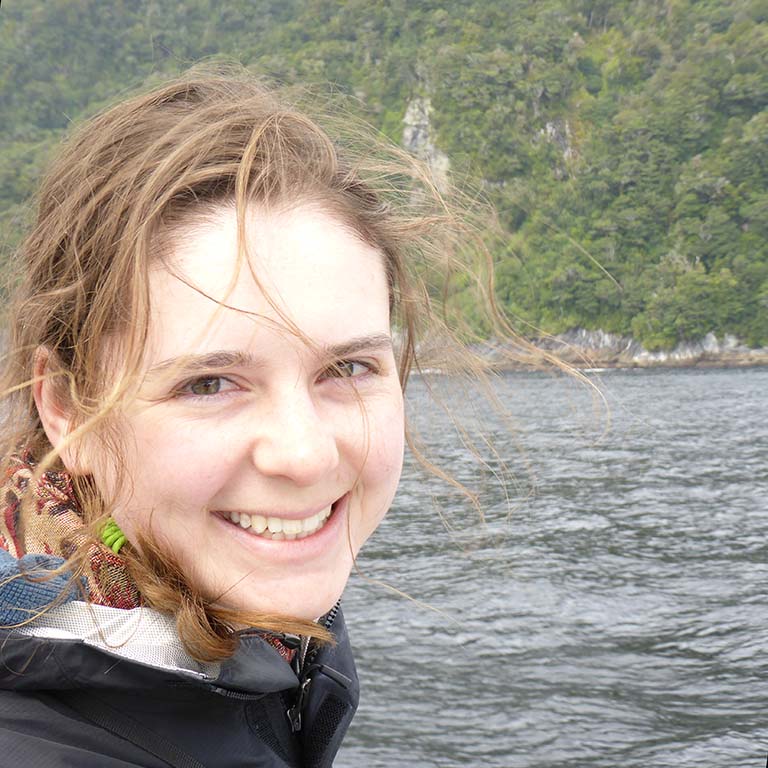The first article in the first issue of the new top-tier journal Evolution Letters explores the topic of the two-fold cost of sex. Why is sex so popular among plants and animals, and why isn’t asexual reproduction, or cloning, a more common reproductive strategy?
Authors Amanda Gibson (who received her PhD in Evolution, Ecology, and Behavior from IU in 2016) and IU Distinguished Professors of Biology Lynda Delph and Curt Lively used the freshwater snail Potamopyrgus antipodarum to test John Maynard Smith's theory suggesting that sex is a more costly reproductive strategy than asexual reproduction. P. antipodarum has both asexual females (who only produce daughters) and sexual females (who produce sons and daughters), making it an ideal model for the study.
In the 1970s, Maynard Smith reasoned that because approximately half of the sexual females' offspring are males who can't bear grandchildren, asexual females who bear only female offspring will have twice as many daughters and, thus, will produce more grandchildren. Maynard Smith referred to this cost of sex as the "two-fold cost of males." He theorized that asexual lineages should increase in frequency every generation and outcompete sexual lineages, pushing them to extinction.


 The College of Arts
The College of Arts